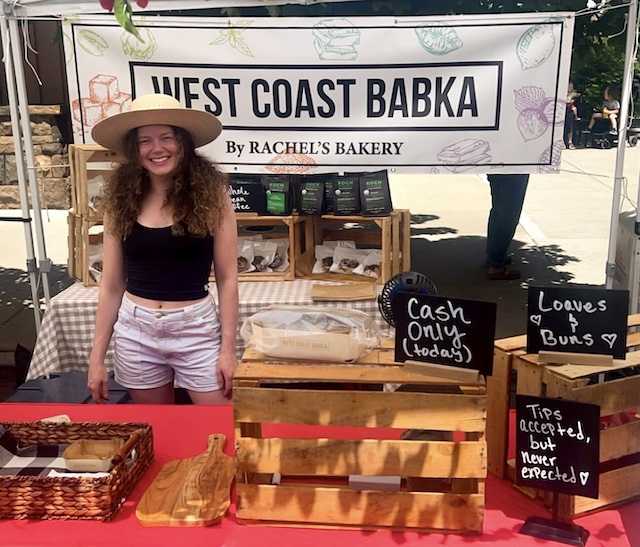BendTel launches expanded DSL option
Published 5:00 am Wednesday, June 13, 2007
The competition in Central Oregon’s business communications market continues to escalate with the recent launch by a local provider of a new technology that could fill the telecommunications needs of some downtown Bend businesses.
Bend-based BendTel officials said Tuesday that the company has launched an advanced digital subscriber line technology for customers in downtown Bend.
Clell Gibson, co-owner of BendTel, said the company launched its ADSL2+ network after more than a year of testing the product, adding that the new technology could provide downtown businesses with more than triple the amount of bandwidth versus conventional DSL for applications like phone-over-the-Internet and video conferencing.
DSL, which stands for ”digital subscriber lines,” uses existing copper phone lines to transmit data, versus cable services that typically use faster but more expensive optic fibers.
”The market potential for this technology is huge,” Gibson said. ”As more and more businesses go into video conferencing and large file transfers, this is a much more cost-effective way for them to do those things.”
BendTel’s latest product comes as telecommunications companies in Central Oregon increasingly look to meet the phone and data needs of businesses of all sizes.
Local cable provider BendBroadband launched its business phone services – based on the company’s optic fiber network – in October, while Denver-based phone provider Qwest Communications International Inc. offers a range of products for Central Oregon businesses, including DSL and fiber data networks.
BendTel’s Gibson said the plethora of choices in telecommunications services for local businesses isn’t a coincidence, noting that the Bend market is filled with businesses with ties to larger cities, requiring the latest technology available.
”The reason that brings this system to Bend is not accidental,” he said. ”It’s because the local palate for new technology is here. The taste for technology here is the same as what you see from businesses in bigger metropolitan areas like a San Francisco or Los Angeles.”
Bob Gravely, a Portland-based spokesman for Qwest, said his company offers both DSL services and higher-speed fiber-based networks, although the company doesn’t offer the specific type of technology BendTel just launched.
However, Gravely added that ultimately, local business consumers will decide on a product that fits their needs, and Qwest has a wide range of products to capture a broad range of the market.
”The question for consumers is, ‘Does (a service) have the capacity I need?’” he said. ”If it works for the customer, I don’t think they necessarily care what it’s called. And with a lot of our business customers, we tend to serve them directly with fiber.”
Chris Cappuccio, BendTel’s network engineer, said the new ADSL service by his company isn’t necessarily aimed at those Qwest customers served by fiber. Rather, he said the network will be attractive to ”the middle market,” where consumers can get a faster service than conventional DSL without having to incur the high cost of fiber.
”Some businesses can say, ‘No problem’ with that cost,” Cappuccio said. ”But some businesses aren’t in that position. And we believe we can serve a lot of people where it may not be the most cost-effective to run fiber.”
Cappuccio added that BendTel will look to expand the faster DSL service beyond downtown, with the Old Mill District as a likely next target area.
”We want to see what penetration we have (for lower speed systems) there first,” he said. ”If we see the demand for more, then we would probably speed up that process. But the timetable right now is probably around six months to a year.”






